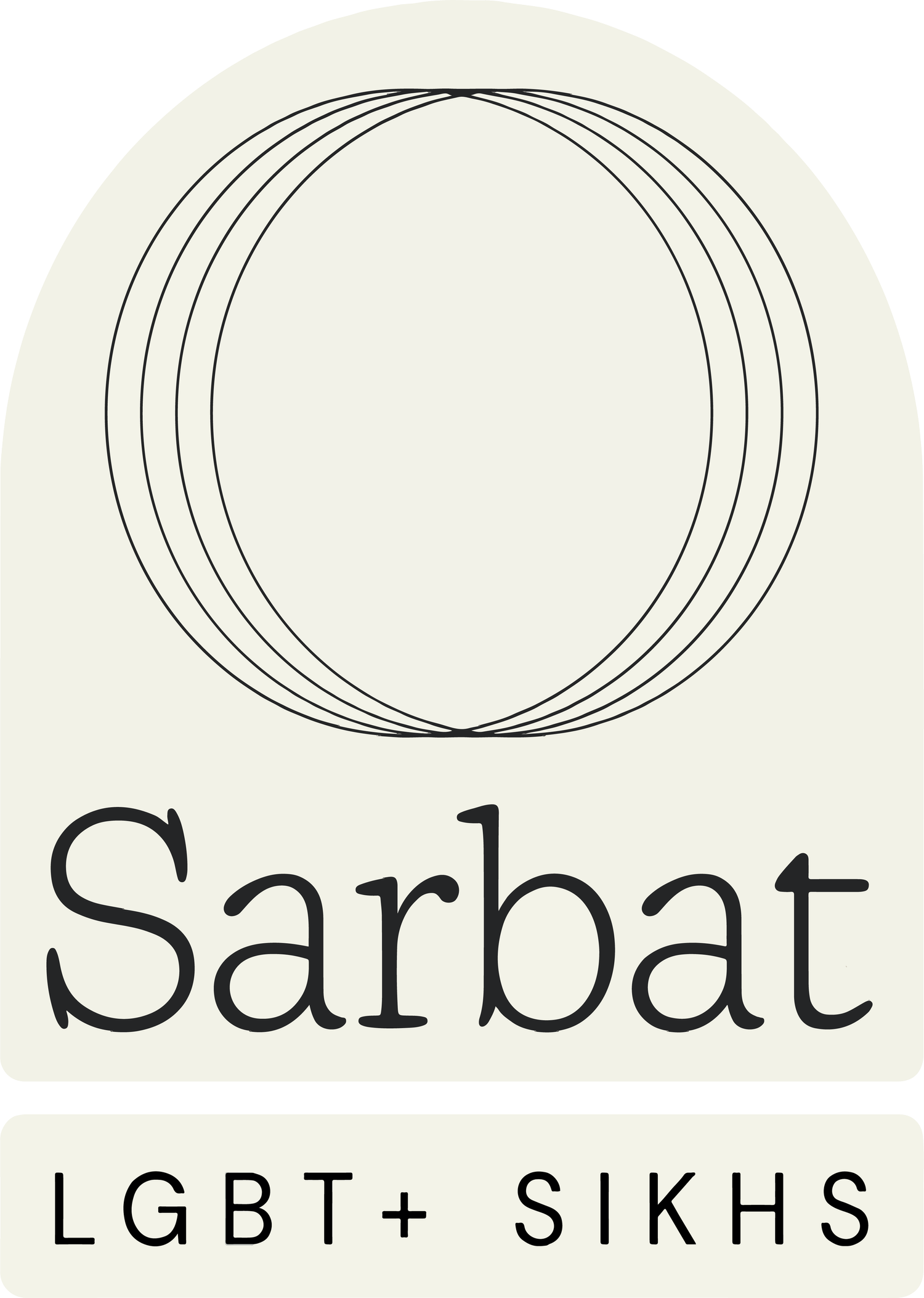Barnados Faith Tool Kit for Schools – Sikhism
First published on 16 Nov 2015.
We were recently asked to provide a Sikh perspective on tolerance, respect and diversity to be used for UK Schools. Kam, one of our facilitators provided the following.
What does your faith say about ideas such as tolerance, respect, diversity?
Sikhs believe in one God. For all people of all religions.
The central tenet of Sikhism is equality.
Sikhs have a long heritage of speaking out against injustice and for standing up for the defenceless.
It teaches that all humans are equal before God – No discrimination is allowed on the basis of caste, race, gender, sexual orientation, creed, origin, colour, education, status or wealth.
The principles of universal equality and brotherhood are important pillars of Sikhism. Sikhism believes in full equality for men and women.
Sikhism says that one should be tolerant as wind, water, earth and tree. What it means is that one should have even-mindedness in all circumstances. A positive and constructive attitude of respect, sympathy and understanding which humbly accepts the other man’s beliefs or practices as legitimate and valid, like one’s own.
This should be without revenge, hindrance, harassment, discrimination or oppression. Does this mean one should surrender his self-respect, preferences, thinking, ideology, views and all angularities? No. But one must allow everybody else to have the same freedom.
Nowhere in the Guru Granth Sahib – the Sikh holy scriptures – will you find the evil quality of intolerance. It speaks of nothing but tolerance.
In 1675, the ninth Sikh Guru, Guru Tegh Bahadur Sahib Ji, in continuing the unwavering stance of the preceding Sikh Gurus against religious intolerance, sacrificed his life defending the right of non-Sikhs to practice their faith freely. He defended Hindu’s from being forced to convert to Islam. In doing so made a supreme sacrifice that had never previously been recorded in human history.
Sikhs throughout time have been guided by this devotion to the principles of religious freedom and have not forced their beliefs onto others. In fact, they have worked and fought to defend the rights of all others to believe and practice as they wish.
What does your faith tell people about children and young people and protecting them from any form of bullying including homophobic, biphobic and transphobic bullying?
Guru Har Krishan became the youngest of the 10 Gurus at the age of 5, despite him having an elder brother. This demonstrates the enormous level of respect accorded to young people within Sikhism.
In Sikhism, it is absolutely not allowed for any form of homophobic/biphobic/transphobic bullying to take place. This would be going against everything that Sikhism stands for.
The Sikh Gurus devoted their lives to defend the needy and those without a voice. They stressed the need to treat all people the same. A true Sikh is one who harbours no hatred or animosity to others who are different to oneself.
Sikhism teaches that we are all brothers and sisters. That we are all equal in the eyes of God. It does not matter whether you are gay, bi sexual or trans. We must all love one another and treat everyone equally.
Have you had any experiences that you would like others to hear about relating to sexuality and faith or homophobic, biphobic and transphobic bullying?
I am a practising Sikh and identify as gay. I am proud to be a Sikh and love everything that my religion stands for. It is an honour to be a part of a religion that is as progressive and compassionate as Sikhism is.
Sikhism does not teach against homosexuality or being trans. It does not condemn it in anyway. This is of huge importance to me.
I, personally, could not justify committing to a religion if it spoke out against homosexuality. A healthy mind comes from healthy practices and practising a religion that values compassion and equality for all is immeasurably important to me.
I have deeply religious and conservative Sikh parents. Yet I was able to come out as gay to them. There was no rejection or criticism. There was only love. Which is what Sikhism teaches – love for all.
I help run a charity for Gay Sikhs called Sarbat. One of our aims is to eradicate homophobic attitudes that can often be found in Punjabi communities. Whilst this is not strictly a Sikh problem, but more a Punjabi one, that is based on conservative Indian views, the two are often confused.
We provide a voice for gay Sikhs in Britain and around the world and provide a platform where Sikhism and gay and trans issues can be openly discussed.
